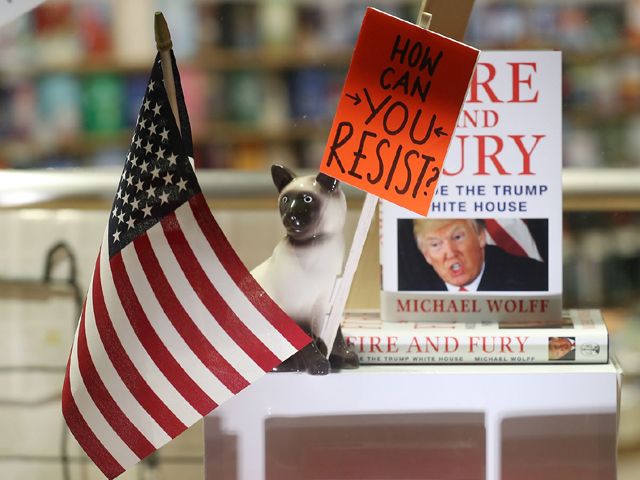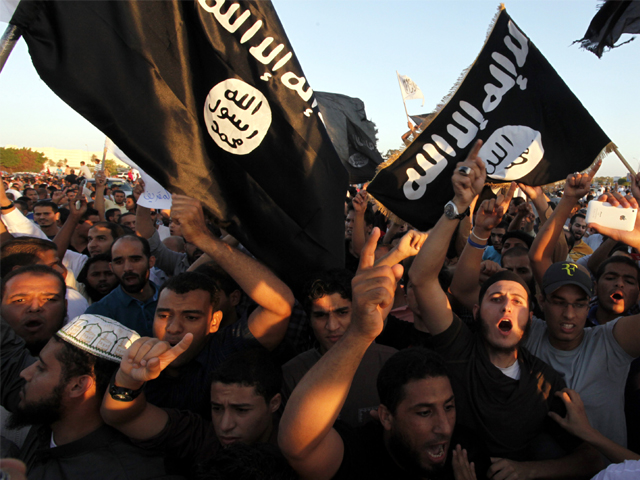
Baby Asha’s struggle signifies the divide between the rich and poor
The condition of the detention centre in Australia was so bad that to protect Asha the doctor refused to discharge her
The CNN headline: Australian hospital refuses to discharge asylum seeker baby. The details:
“Nepalese baby, while at a detention centre in Nauru, an island in the South Pacific 2,000 miles away from the hospital in Brisbane, suffered severe burns. Now that she had recovered, though, the hospital didn’t want her to return to the abominable conditions in Nauru.”
To morph a cliché attributed to Joseph Stalin – individual tragedy moves us; millions of tragedies become statistics. This signifies either that humanity cares nothing about humanity, or that we cannot process mass atrocity.
I’ll take the latter.
The story of one life, disseminated to millions, can result in greater empathy. The Syrian boy, Aylan Kurdi, did more than any promulgation of demographics counting the dead and displaced.
The article continues:
“A 2015 Australian Senate inquiry reported that the camps had poor hygiene, provided little educational opportunities and also documented several instances of sexual assault.”
Outside the hospital protestors support Asha, volunteers offer a home, but not everyone in Australia is welcoming. It’s the same old argument. The Herald Sun observes that “Nepal has no war, famine and dictatorship” and asks why Australian tax revenue should feed economic migrants. Why can’t this Nepalese family stay in Nepal?
A country with a dead economy may as well have war, famine and dictatorship.
Every day we observe headlines, read articles and sometimes, despite distance, feel involved. As for myself, comfortable in front of my computer screen, I try (and surely fail) to avoid platitudes in lieu of fresh language to capture how Asha might be important.
Before I went overseas I thought multiculturalism was the answer; let’s open borders, mix, communicate, we’re all the same. If you had asked me,
“Should South and North Korea be one country? Should China and Taiwan be one country? Should Israel and Palestine…”
I’d have answered, “The whole world should be one country.”
But the whole world is not one country.
I’ve been to Australia and Nepal, Kathmandu and Sydney, Nagarkot and Devonport; they contrast greatly. They say money talks, but in Nepal, like other low per capita income nations, money screams. My eight years overseas, mostly in the developing world, taught me more about economy than Milton Friedman, John Keynes, Karl Marx, Adam Smith, and the Wall Street Journal.
In Brazil, my salary is less than US minimum wage, and yet I worked half the hours for twice the pay-cheque of my co-workers. The wealthier students arrived and departed with their armed bodyguards.
In the United Arab Emirates, my students drove SUVs and BMWs, boasted of lavish weekends in Dubai, while my fellow teachers from the Levant and the Maghreb drove decade old Plymouths or Toyotas. The South Asian janitors took the bus.
In Phnom Penh, Bangkok and Manila, the ubiquitous site is of young girls arm-in-arm with septuagenarians from Europe, Australia, and North America.
In the UAE, we took a long weekend, rented an SUV, and headed to the Al Hajar, a range in Oman. Far from modern civilisation, an hour from paved roads and even a convenience store, we drove up steep hard gravel roads that cut into mountainous rock, back and forth, hoping to find paradise underneath blue sky and chanced onto an oasis and mansion.
No cars. We parked, took our picnic lunch into the oasis, and discovered a wadi, a desert pool. As we swam we noticed two strangers in shalwar kameez. They told us using rudimentary English how they worked for an Omani sultan who owned the mansion. We told them how lucky they were to live in heaven. One said,
“Not heaven. This is hell.”
Their salaries helped a family in Pakistan, where they returned for one month a year. They considered themselves slaves, lonely and isolated in their prison. Money doesn’t talk, it screams.
Asha signifies this classic struggle, the dichotomy of rich and poor. The rich do not trouble me so much, as I’d prefer to live in a country that produces as many millionaires and billionaires as possible; it’s the poor that merit attention. There’s a reason people struggle to escape poverty, even if their destination is unwelcoming and capable of cruelty.
Baby Asha’s family wanted a better life.
Immigration, free trade, market economy, wealth distribution, in human terms and demographics and percentages become a mathematical and esoteric puzzle. Statistics can be simplified.
The Holy Quran, in Chapter Five, Verse 32 states whoever kills a soul, it is as if he killed all mankind and whoever saves a soul, it as if he saved all mankind.
All great religions or philosophies have some form of this aphorism; we have no excuse for not heeding.




COMMENTS (1)
Comments are moderated and generally will be posted if they are on-topic and not abusive.
For more information, please see our Comments FAQ